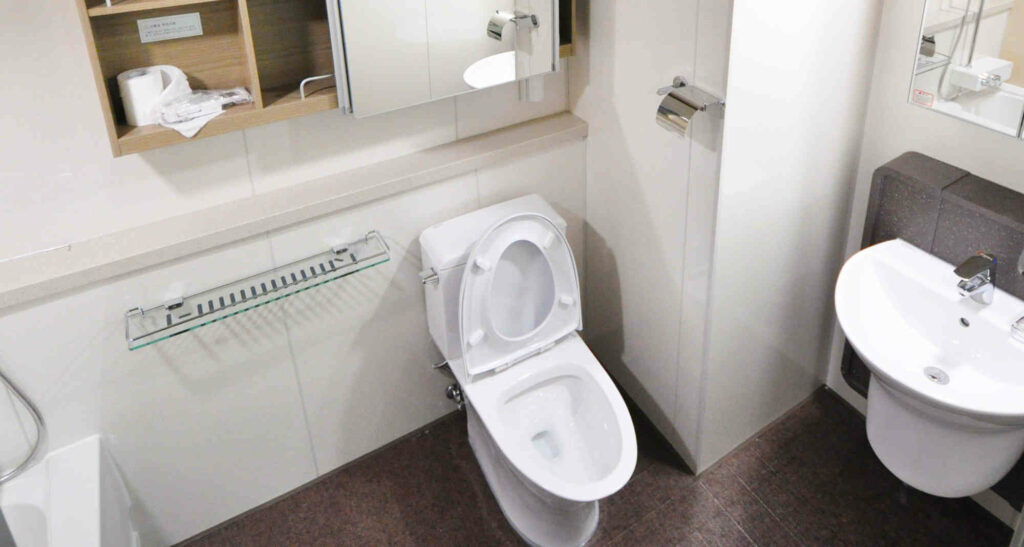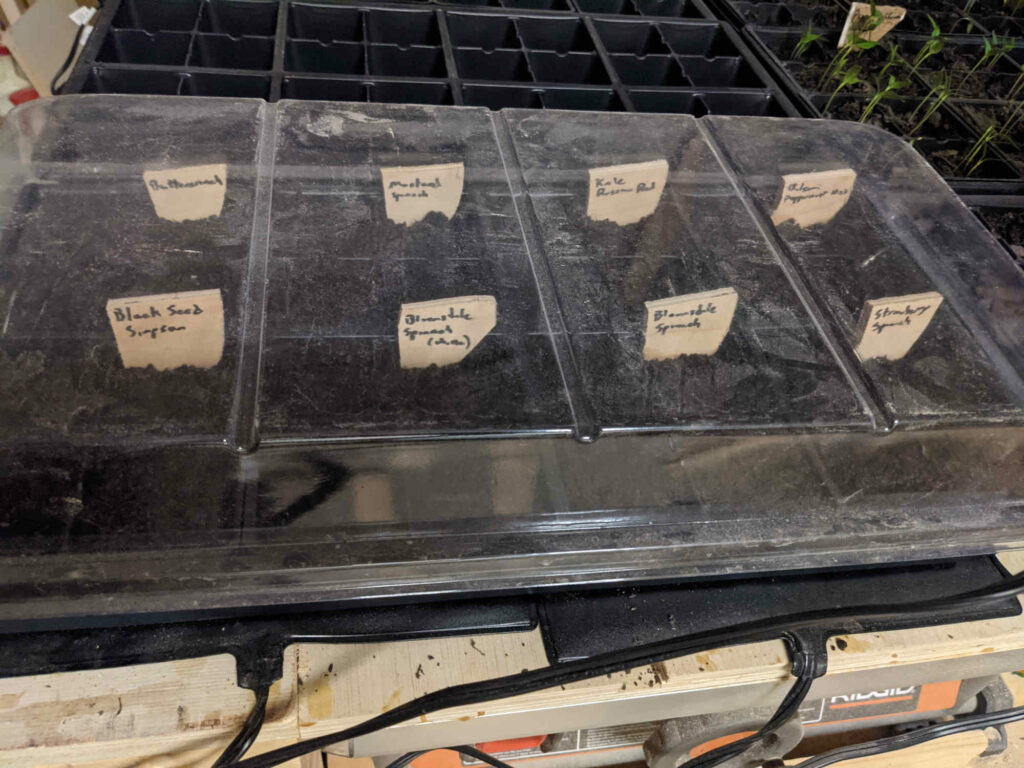What happens if I don’t pay my HOA dues? Nothing good.
Part of my practice has been representing Homeowners Associations, so I’ve unfortunately been the boogeyman to many people. The number one reason they hear from me is for unpaid dues. If I could get one thing through to defendants, it would be that the HOA does not want to go to court. It does not want a lien on your house. They do not want to foreclose on your house. They just want the assessments paid timely.
The Law of HOA Dues
Let’s start by saying that HOA dues are legal. Unfortunately, I’ve seen a lot of homeowners try to argue otherwise. They’re legal and you agreed to them when you bought the house.
§ 47F-3-116 goes deep into the legal process of assessments (dues). Fortunately, I’m going to summarize it neatly for you.
The Notice
First, the association must send you a notice of unpaid dues. They must send this notice no less than 15 days prior to filing a lien on your house. The statute specifies that the HOA must send this notice to both the current address they have and the address listed with the county tax records.
The statement needs to include the amount due. Typically, I included information about what happens if the homeowner doesn’t pay, but that’s not required.
The Lien
Second, the HOA may file a claim of lien on the lot with the overdue assessments. Fortunately, they have to wait the statutory time. They cannot file the lien prior to 30 days after the assessments were due. Additionally, they have to wait 15 days from the date of the letter. Therefore, most send the letter 15 days or less from the date the assessments were due.
This lien takes priority over almost everything. The only two things higher priority than this HOA lien are previous mortgages and real estate tax liens.
In addition to just the unpaid dues, the HOA is also entitled to attorney fees and costs associated with collecting any sums due. For example, if you owe $75 and the HOA hires an attorney, you could end up owing thousands.
You may say “that’s not fair,” but the HOA only exists with other homeowners’ assessments. That means if you don’t pay for the attorney, the HOA has to charge the other homeowners. That’s less fair. Hopefully the attorney your HOA uses takes measures to keep their invoices low like mine does.
The Foreclosure
Finally, if everything above happens and you still haven’t paid, the HOA can force a sale of your house to get its assessments. Again, the association must send you notice of their intent to commence a nonjudicial foreclosure to enforce their lien. That’s a fancy way of saying no judges involved in this auction.
However, if the house sells but the homeowner makes all payments prior to the upset bid period, the lot will remain with the homeowner. Unfortunately, by this point, the amount owed has ballooned. It now includes attorney fees, costs, advertising fees, auction fees, trustee’s commissions, and more. Please don’t let it get that far!
Other Tidbits About HOA Dues
A claim of lien arising solely for fines or attorney fees cannot be foreclosed in a nonjudicial proceeding. However, an HOA may specify that fines and attorney fees are paid first prior to assessments.
In conclusion, pay your HOA dues. Don’t like how much the dues cost, you’ll have to take that up with your association’s board or move.







Well done and well written. You’re offered the steps of what could happen and made it easy to understand. With COVID-19 still part of our lives I’m wondering if any of the boards you work with have eased fines for those who are suddenly unemployed and unable to pay dues?
Thank you for your comment. As far as I’ve seen, none of my HOAs have eased fines or even stopped proceedings for homeowners who have gotten behind. Part of that is that there are strict timelines that have to be followed to get certain fees as well as have the homeowner responsible for the attorney fees.